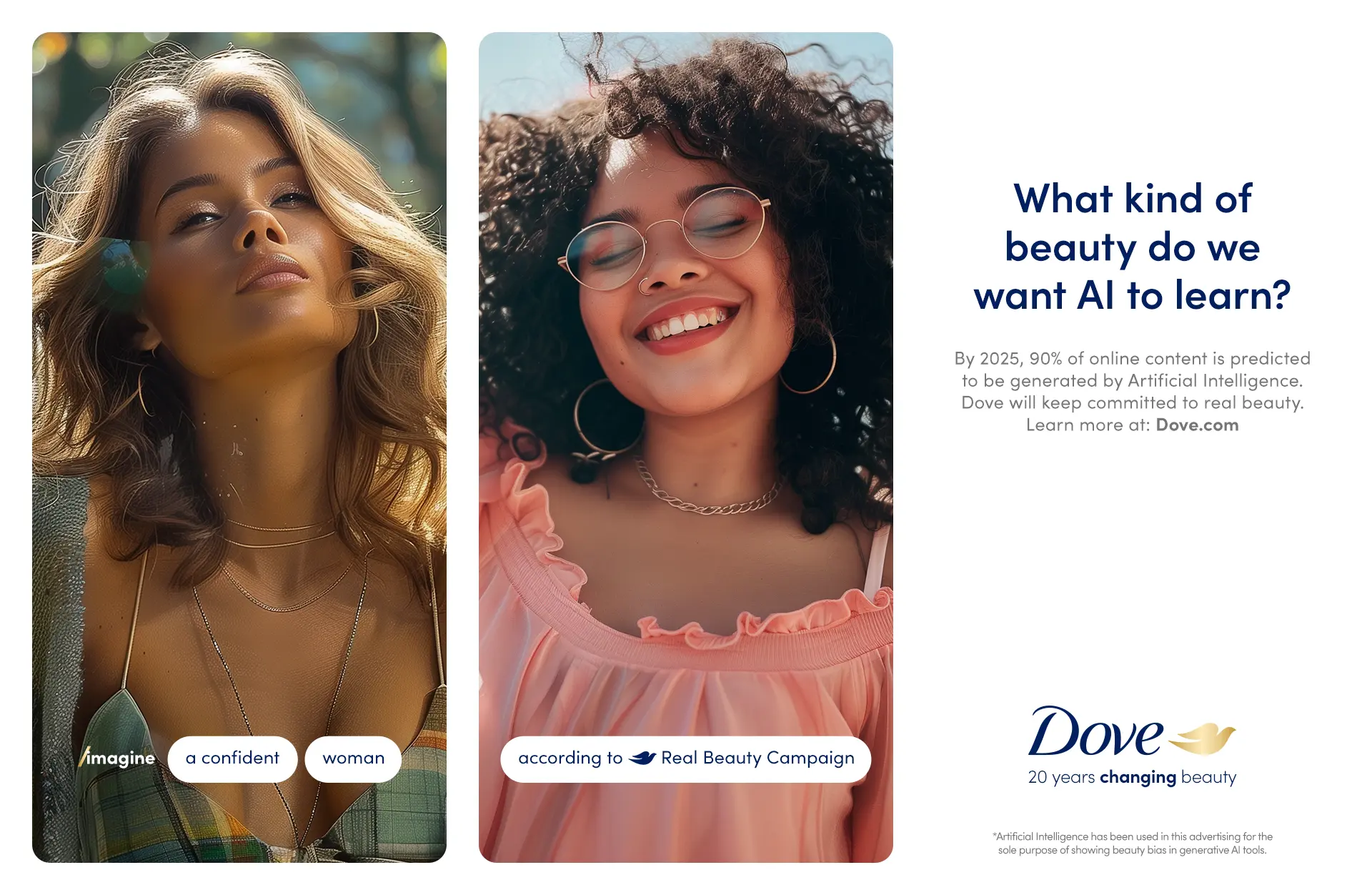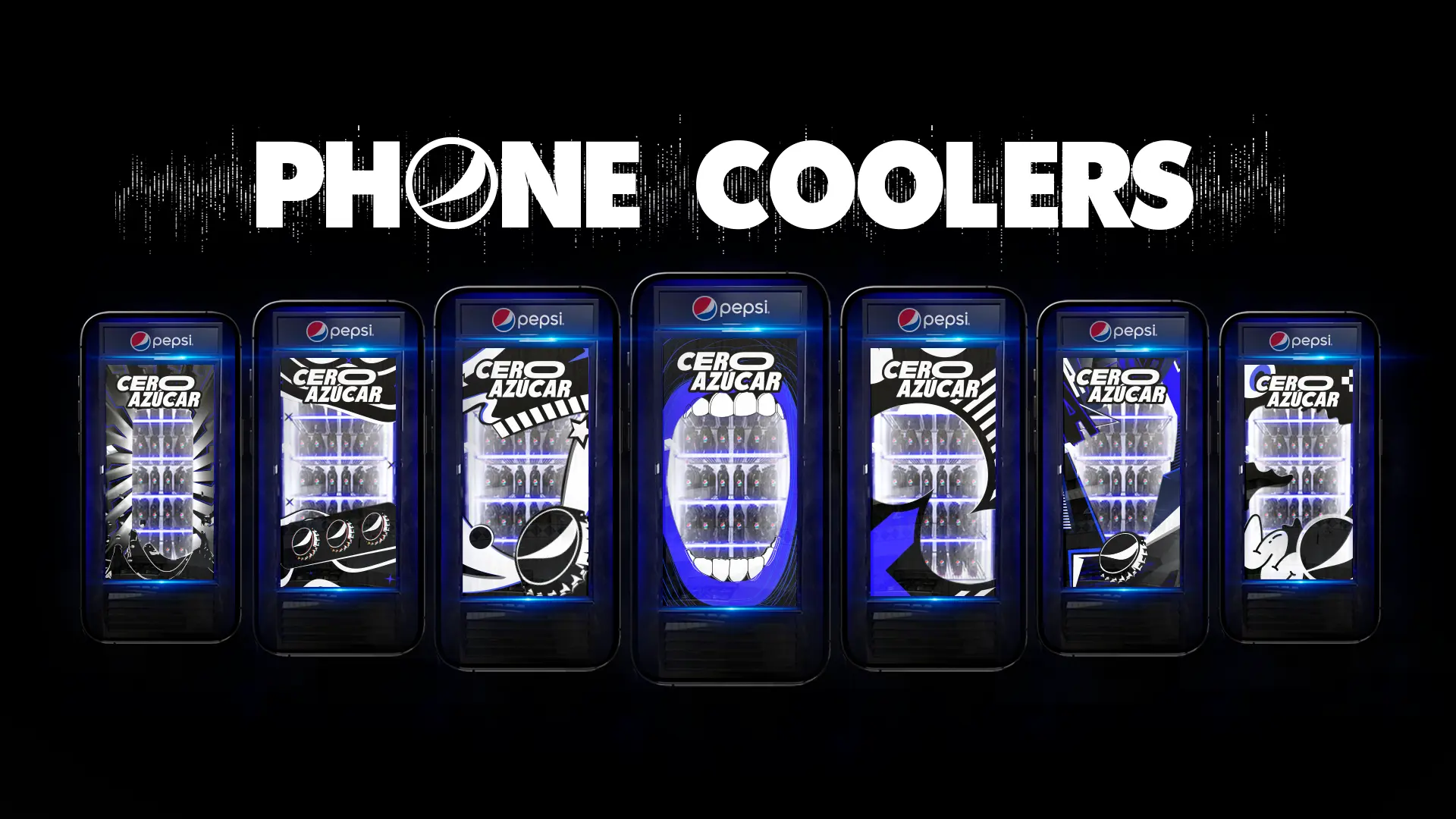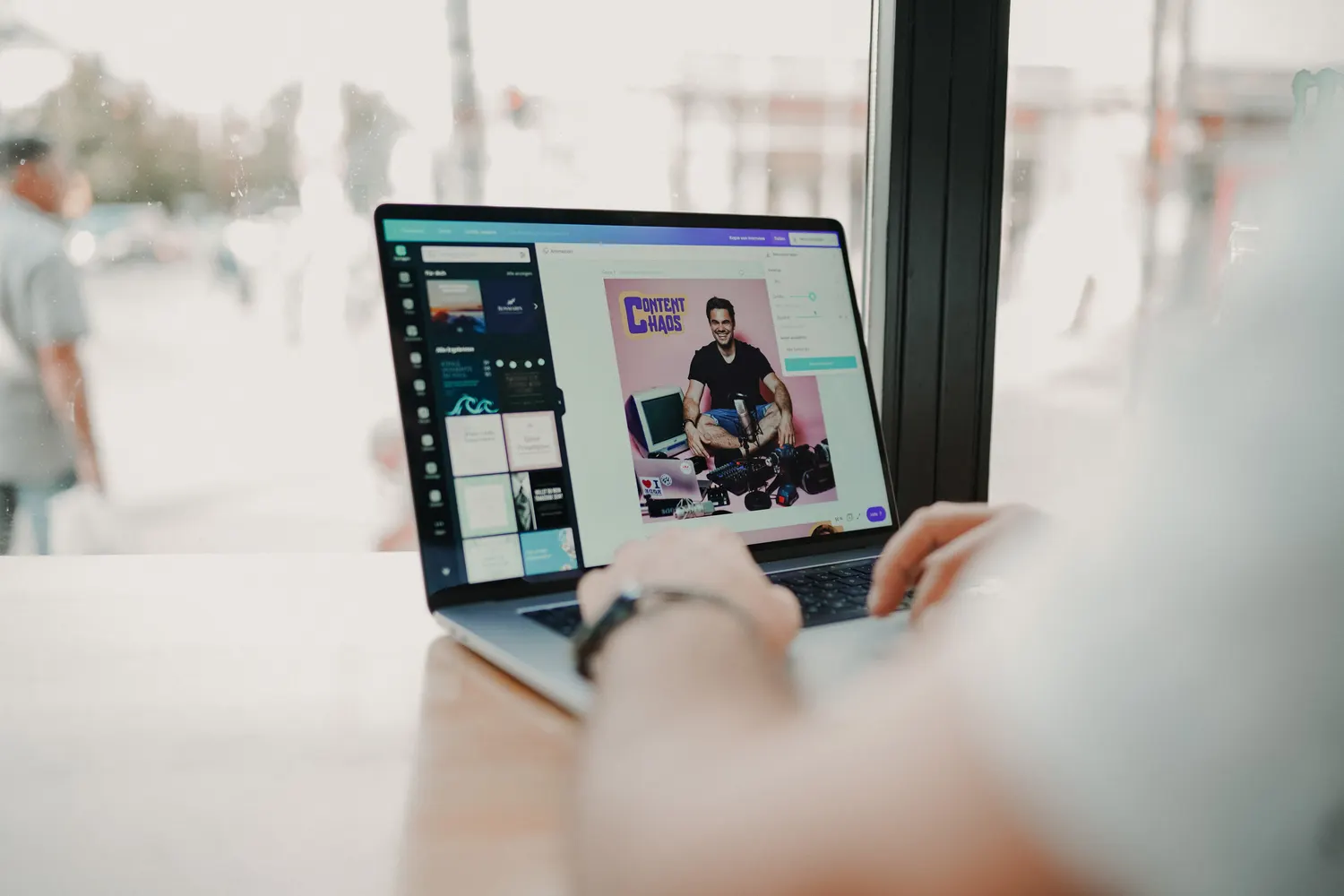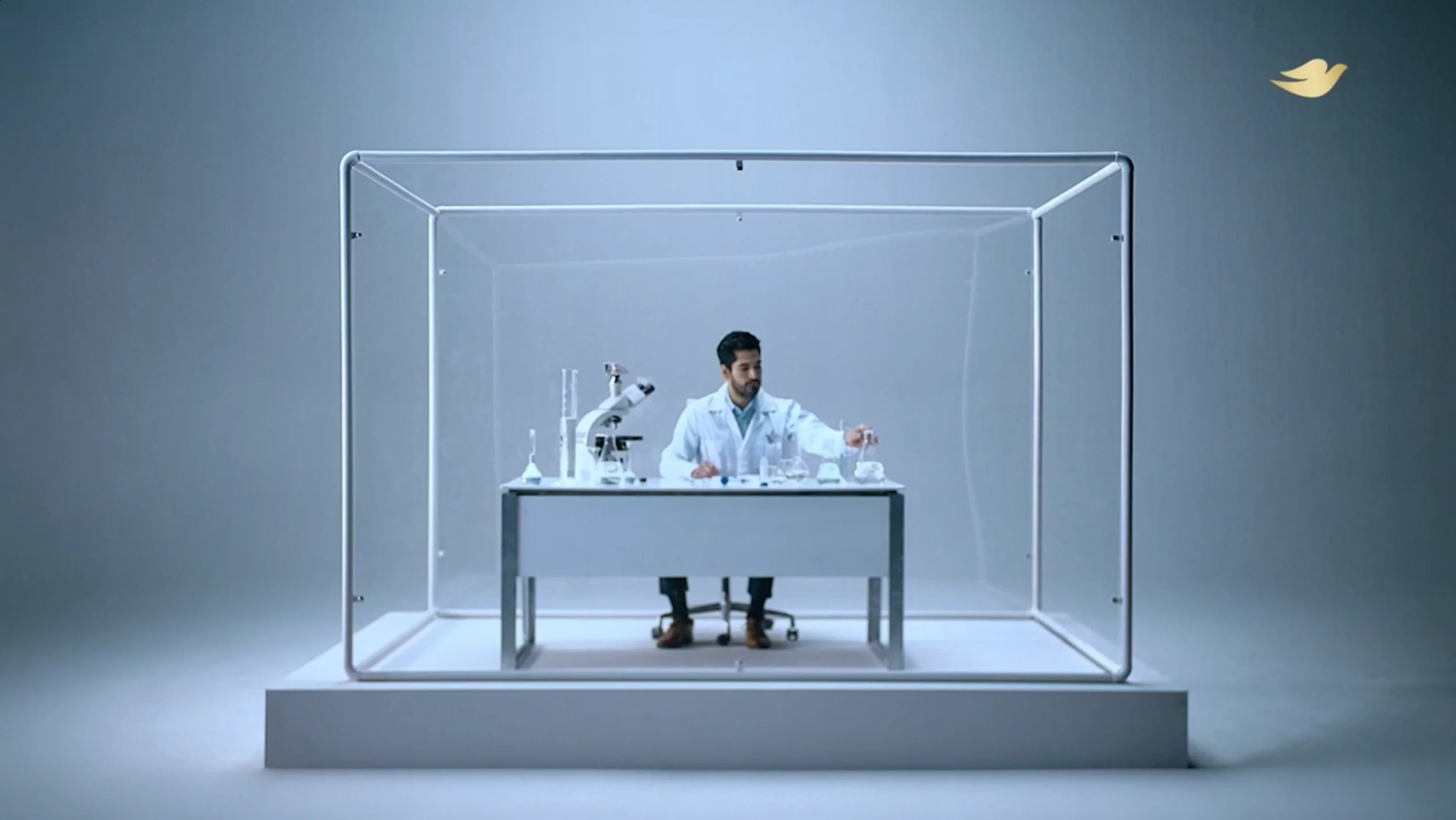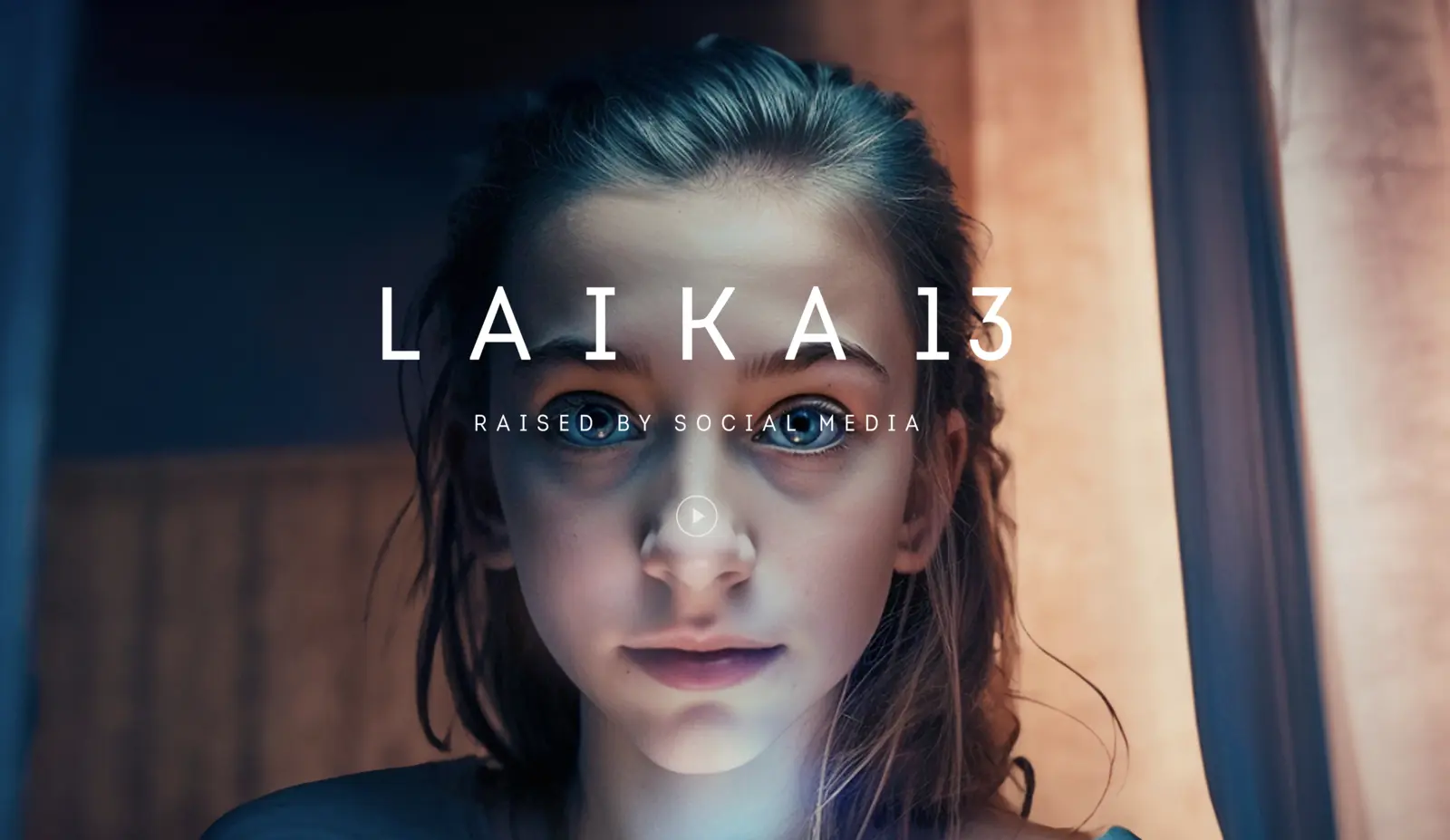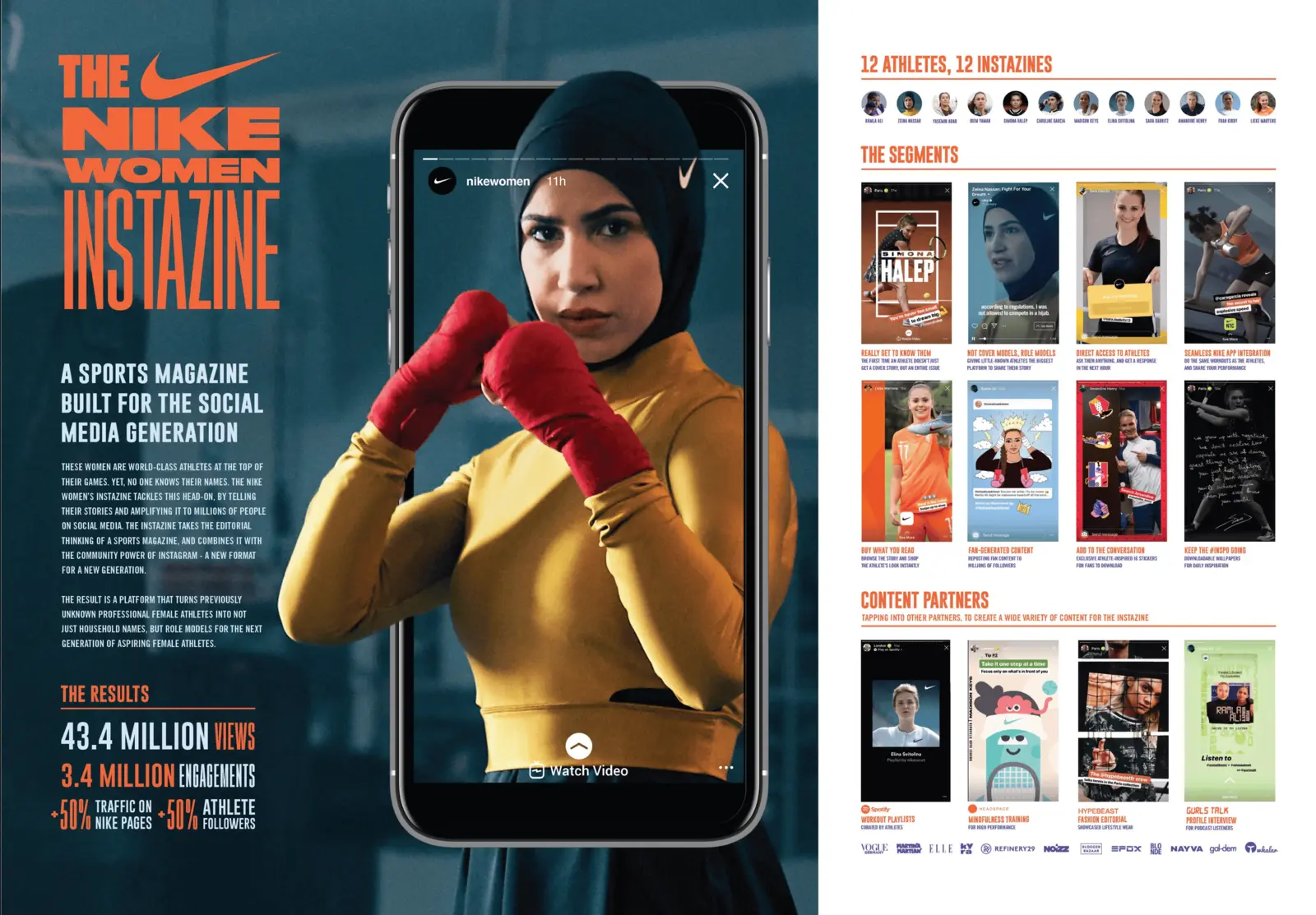Toxic Influence: Dove’s Deepfake Love Exposes Beauty’s Dark Side
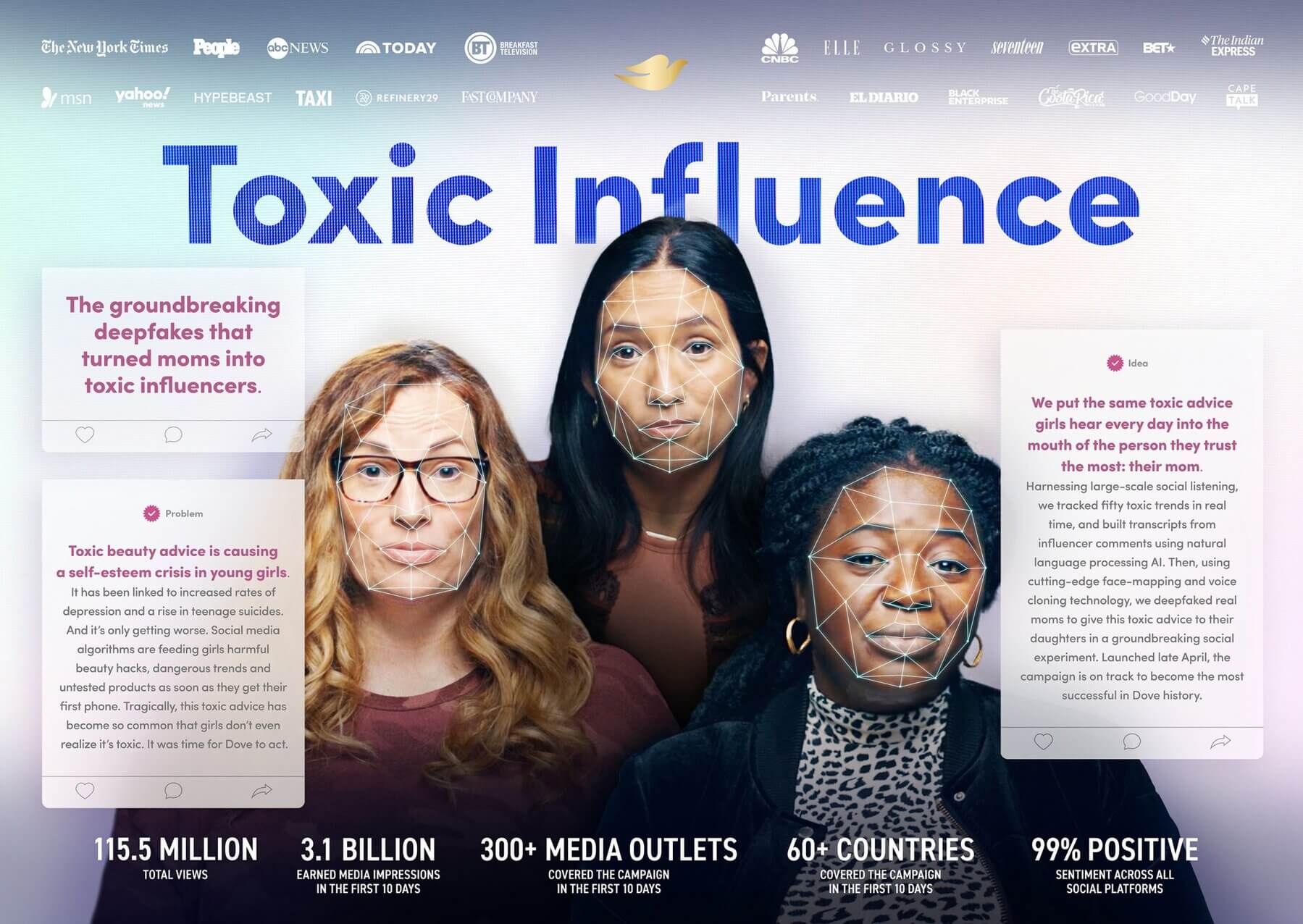
Toxic Influence uncover the alarming truth: Two in three girls spend more time on social media than with friends. Dive into the impact of toxic beauty trends and a revolutionary deepfake campaign by Dove to protect our daughters.
In today’s digital age, social media has become an integral part of young people’s lives, especially teenage girls. Unfortunately, it has also given rise to harmful beauty trends, hacks, and products that are increasingly linked to depression and teen suicide. Shockingly, two out of three girls spend more time on social media than they do with their friends. This article sheds light on a groundbreaking campaign by Dove’s Self-Esteem Project, which aims to address the issue of toxic beauty advice and empower parents to protect their daughters online.
The Prevalence of Harmful Beauty Trends on Social Media
Social media platforms have become a breeding ground for influencers promoting beauty trends that can be detrimental to young girls’ self-esteem and mental health. The pressure to conform to unrealistic beauty standards often leads to a negative impact on their self-image and overall well-being.
The Disparity in Content Exposure on Social Media Platforms
One alarming aspect of the issue is the disparity in content exposure on social media platforms between parents and their daughters. Algorithms tailor content to individual users, showing them personalized feeds based on their previous interactions. As a result, parents may not be aware of the toxic advice their daughters are exposed to online.
The Innovative Solution: Using Deepfake Technology
To tackle this problem, Dove’s Self-Esteem Project collaborated with Ogilvy and adopted a creative and impactful approach. They utilized deepfake technology to put the words of toxic influencers directly into the mouths of the one person teenage girls trust the most: their mothers. This campaign aimed to create awareness among parents about the harmful content their daughters might encounter daily.
The Implementation and Impact of the Campaign
The agency meticulously tracked 50 toxic trends in real-time across various social media platforms. Based on the most popular phrases of hundreds of toxic influencers, they developed fake transcripts. These transcripts were then “spoken” by deepfake versions of the girls’ mothers, bringing the issue to light in an eye-opening and shareable film.
The campaign’s global rollout across 18 markets was met with resounding success. It garnered an astounding 115.5 million organic views and an impressive 3.1 billion impressions. The impactful campaign ignited millions of conversations between parents and their daughters, fostering awareness and promoting healthier online habits.
Conclusion
The prevalence of harmful beauty trends on social media is a pressing issue that affects young girls worldwide. Dove’s Self-Esteem Project, in collaboration with Ogilvy, has taken a revolutionary step to address this problem head-on. By using deepfake technology to raise awareness among parents, the campaign has successfully sparked conversations about the importance of protecting our daughters from toxic online influences.
As responsible individuals, parents, and digital citizens, we must collectively work towards creating a safer and more positive online environment for young minds. Let us continue to support initiatives like Dove’s Self-Esteem Project, which not only highlights the problem but also encourages dialogue and empowers parents to play a proactive role in safeguarding their daughters’ mental well-being. Together, we can foster a healthier and happier digital world for the next generation.
Credits
Advertising Agency: Ogilvy UK
Brand: Dove
Campaign: Toxic Influence
#SocialMedia #ToxicBeauty #DeepfakeCampaign
Awards: Cannes Lions Gold
Tags: Unmasking Toxic Beauty, social media, harmful beauty trends, Deepfake campaign, toxic influence, Dove’s Self-Esteem Project, teen suicide, depression, personalized feeds, online habits, positive self-image, digital well-being, global impact, conversations, revolutionary approach, safer online environment, mental well-being
